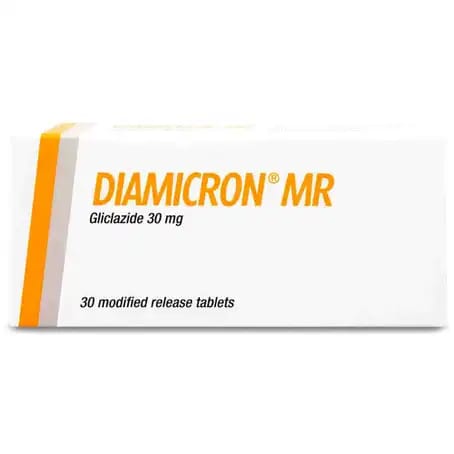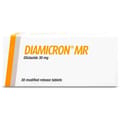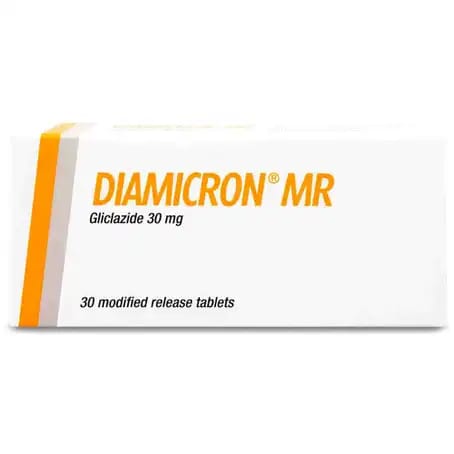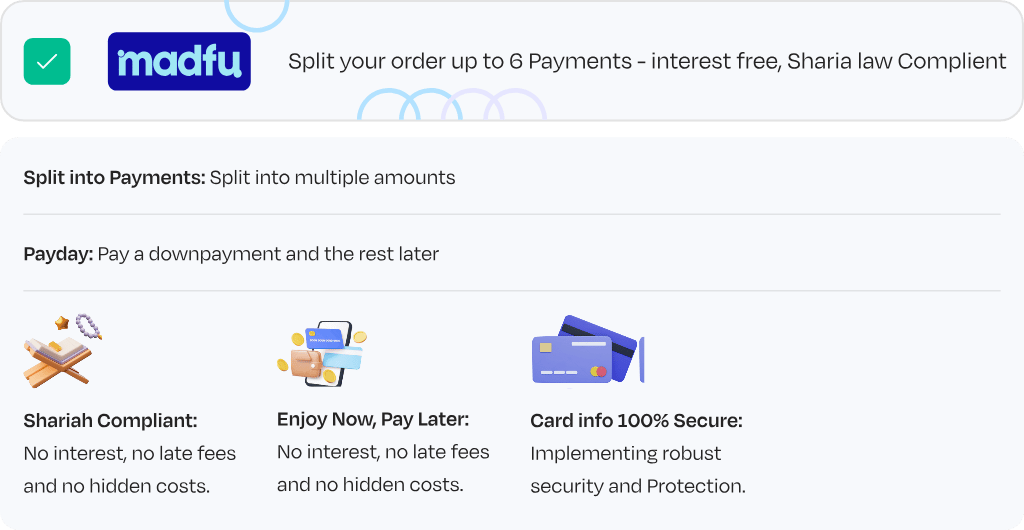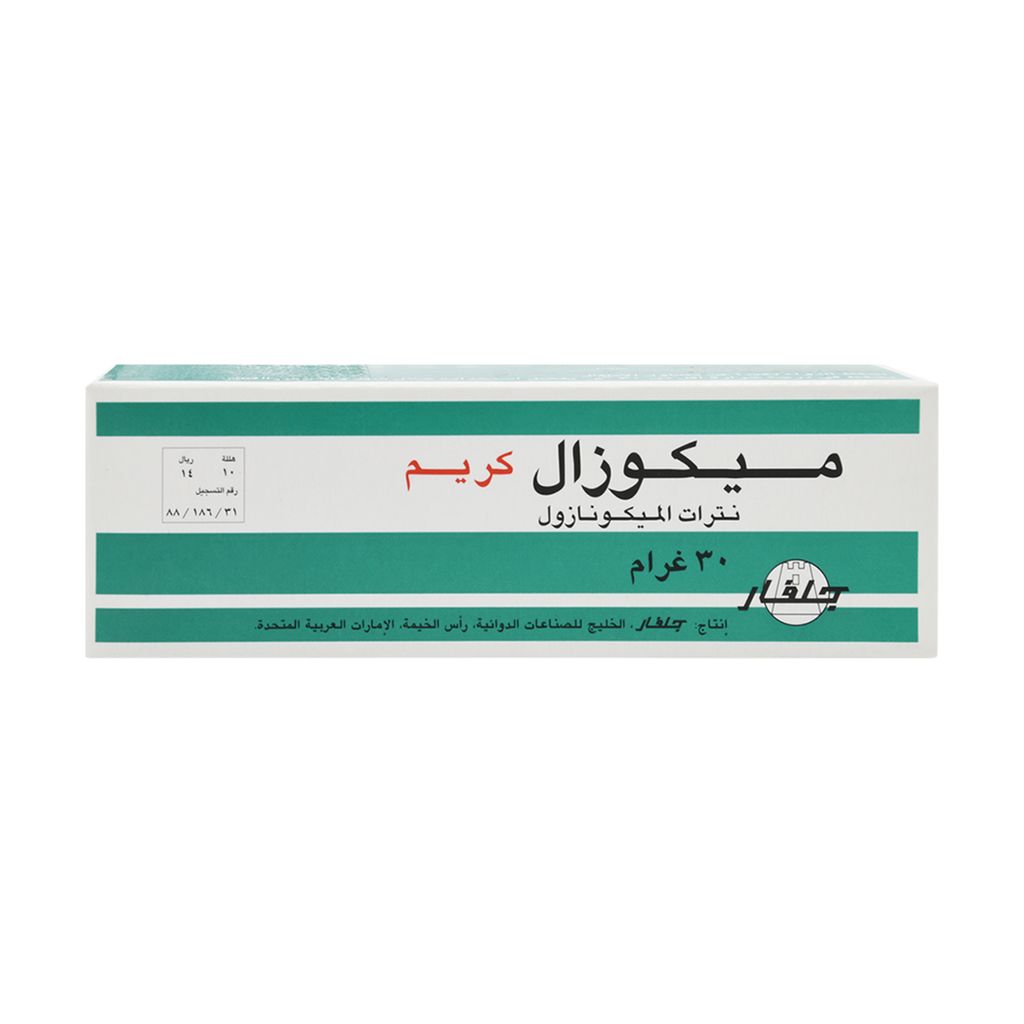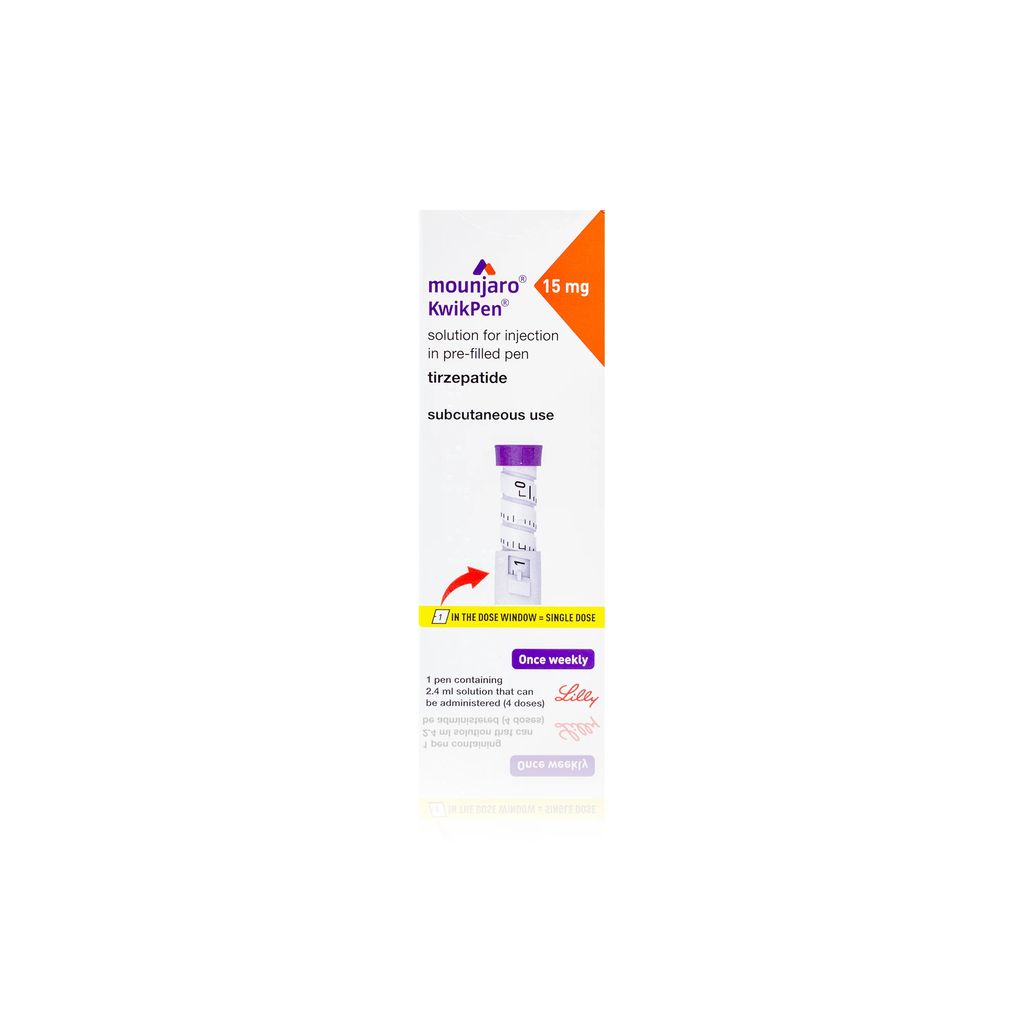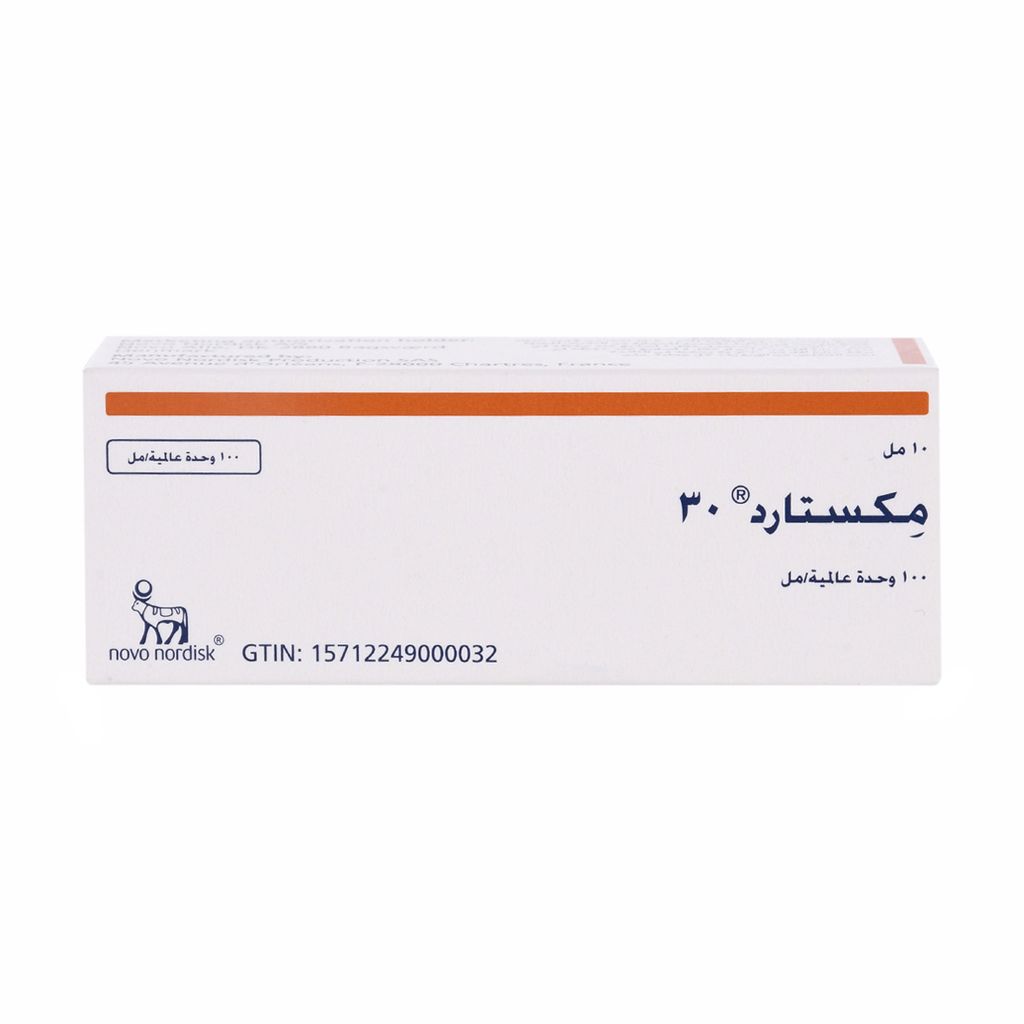What Gliclazide is used for:
Gliclazide is used to lower blood sugar levels in patients with diabetes mellitus type 2 (non-insulin dependent) along with a proper diet and exercising.
Do not take Gliclazide:
- If you’re allergic to Gliclazide, sulfonylurea, sulfonamides or any other component of this medicine.
- If you have diabetic ketoacidosis (an emergency condition where your blood sugar levels are very high and you experience nausea, frequent urination, fatigue and muscle weakness).
- If you are in a diabetic coma.
- If you have severe liver problems.
- If you have kidney problems.
- If you are recovering from an injury, operation, infections with fever, or from other forms of stress.
- If you have porphyria (a hereditary disease affecting the liver or bone marrow).
- If you are taking the antifungal Miconazole.
Warnings and precautions:
Talk to your doctor about all your medical conditions before taking this medicine, including:
- If you are recovering from an injury, operation, infections with fever, or from other forms of stress.
- If you have liver or kidney problems.
- If you have a deficiency in an enzyme called glucose-6-phosphate dehydrogenase (G6PD).
- If you have a heart disease.
- This medicine may cause low blood sugar levels (hypoglycemia) especially if you miss a meal, exercise more or drink alcohol. Symptoms include: nausea, hunger, shaking, dizziness, confusion, sleepiness, restlessness, difficulty speaking and sweating. You may take a sugar cube or some sweet juice to help it.
Possible side effects:
Stop using this product and seek immediate medical help if you develop rash; hives; itching; red, swollen, blistered, or peeling skin; wheezing; tightness in the chest or throat; trouble breathing, swallowing, or talking; unusual hoarseness; or swelling of the mouth, face, lips, tongue, or throat.
Serious side effects:
- Allergic reactions
- Low blood sugar levels (hypoglycemia)
- Liver problems
Other medicines and Gliclazide:
- Tell your doctor about all the medicines you are taking.
- Gliclazide interacts with a lot of medicines including:
- Medicines to treat pain and inflammation (phenylbutazone, azopropazone, oxyphenbutazone, aspirin-like medicines)
Other medicines to treat diabetes:
- Anticoagulants such as Warfarin
- Medicines used for high blood pressure
- Medicines used for irregular heartbeat
- Medicines used to lower blood cholesterol
- Medicines used to treat mood disorders
- Some antibiotics
- Anti-fungals
- Medicines to treat cancer
- Oral contraceptives
- Medicines to treat asthma and nasal congestion
- Steroids
- Medicines to treat stomach ulcers like Cimetidine
- Danazol
- Medicines to treat stomach ulcers like Cimetidine
- Home
- Medications
- Medication
- Diamicron-Mr 30 mg Tablet 30pcs
Diamicron-Mr 30 mg Tablet 30pcs
 24
24
What Gliclazide is used for:
Gliclazide is used to lower blood sugar levels in patients with diabetes mellitus type 2 (non-insulin dependent) along with a proper diet and exercising.
Do not take Gliclazide:
- If you’re allergic to Gliclazide, sulfonylurea, sulfonamides or any other component of this medicine.
- If you have diabetic ketoacidosis (an emergency condition where your blood sugar levels are very high and you experience nausea, frequent urination, fatigue and muscle weakness).
- If you are in a diabetic coma.
- If you have severe liver problems.
- If you have kidney problems.
- If you are recovering from an injury, operation, infections with fever, or from other forms of stress.
- If you have porphyria (a hereditary disease affecting the liver or bone marrow).
- If you are taking the antifungal Miconazole.
Warnings and precautions:
Talk to your doctor about all your medical conditions before taking this medicine, including:
- If you are recovering from an injury, operation, infections with fever, or from other forms of stress.
- If you have liver or kidney problems.
- If you have a deficiency in an enzyme called glucose-6-phosphate dehydrogenase (G6PD).
- If you have a heart disease.
- This medicine may cause low blood sugar levels (hypoglycemia) especially if you miss a meal, exercise more or drink alcohol. Symptoms include: nausea, hunger, shaking, dizziness, confusion, sleepiness, restlessness, difficulty speaking and sweating. You may take a sugar cube or some sweet juice to help it.
Possible side effects:
Stop using this product and seek immediate medical help if you develop rash; hives; itching; red, swollen, blistered, or peeling skin; wheezing; tightness in the chest or throat; trouble breathing, swallowing, or talking; unusual hoarseness; or swelling of the mouth, face, lips, tongue, or throat.
Serious side effects:
- Allergic reactions
- Low blood sugar levels (hypoglycemia)
- Liver problems
Other medicines and Gliclazide:
- Tell your doctor about all the medicines you are taking.
- Gliclazide interacts with a lot of medicines including:
- Medicines to treat pain and inflammation (phenylbutazone, azopropazone, oxyphenbutazone, aspirin-like medicines)
Other medicines to treat diabetes:
- Anticoagulants such as Warfarin
- Medicines used for high blood pressure
- Medicines used for irregular heartbeat
- Medicines used to lower blood cholesterol
- Medicines used to treat mood disorders
- Some antibiotics
- Anti-fungals
- Medicines to treat cancer
- Oral contraceptives
- Medicines to treat asthma and nasal congestion
- Steroids
- Medicines to treat stomach ulcers like Cimetidine
- Danazol
- Medicines to treat stomach ulcers like Cimetidine
- This medicine is intended for adults only.
- Take as indicated by your doctor.
- Take with food.
- Take extended release tablets whole. Do not break, crush or chew.
- Extended release tablets: the recommended starting dose is 30 mg once daily with breakfast. Your doctor might increase it gradually to a maximum of 120 mg daily.
- Immediate release tablets: the recommended starting dose 40 – 80 mg once daily with breakfast. Your doctor might increase it gradually to a maximum of 320 mg daily in two divided doses.
Related products
MIKOZAL
Mikozal Cream 30g
 14.1
SAVE 0%
SAVE
14.1
SAVE 0%
SAVE
 0
0
MOUNJARO
Mounjaro 15 Mg/0.6ml Kwikpen 4 Doses
 1261.4
SAVE 0%
SAVE
1261.4
SAVE 0%
SAVE
 0
0
 65
SAVE 0%
SAVE
65
SAVE 0%
SAVE
 0
0
